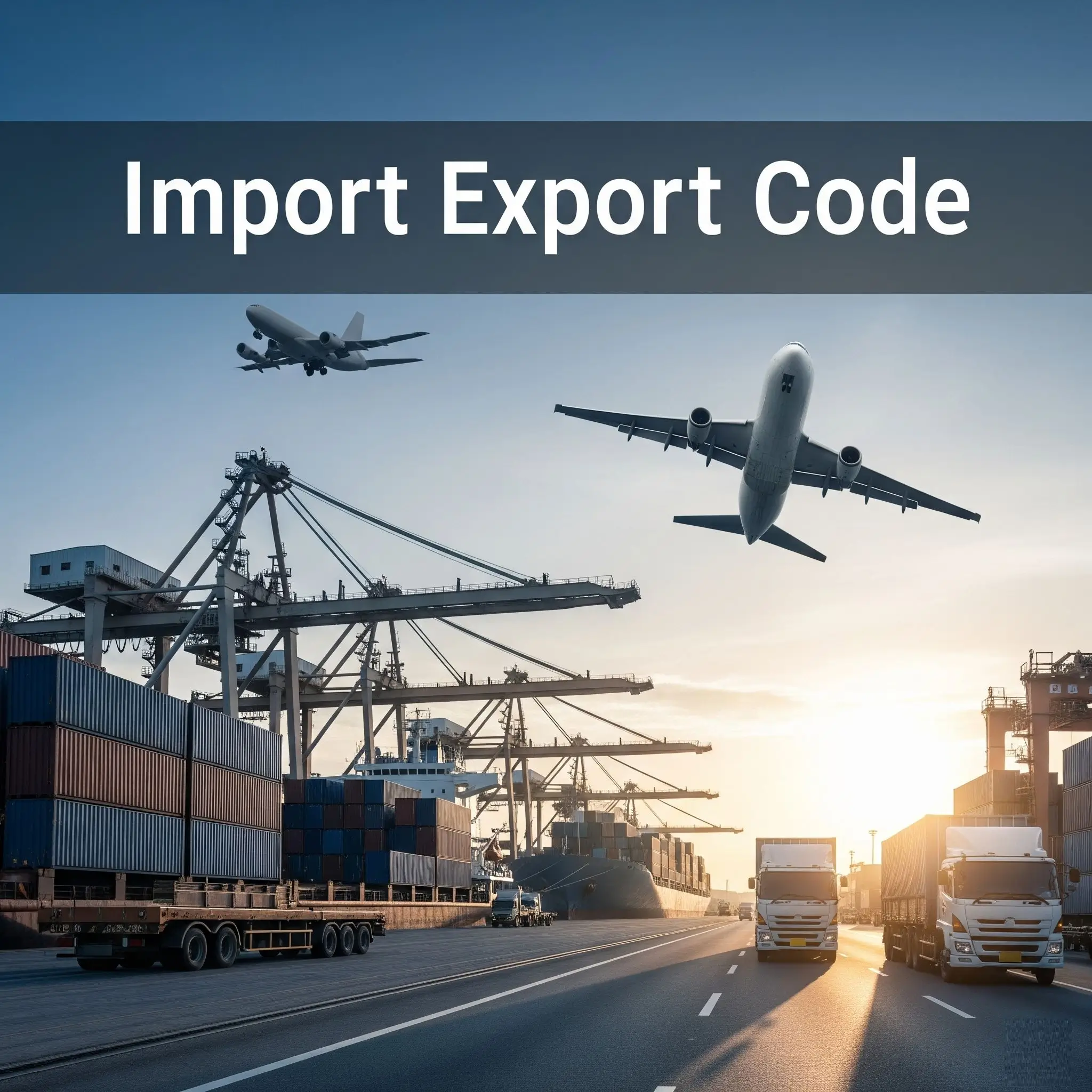IEC Code Registration
Looking to expand your business beyond India? Handle your import-export requirements smoothly with DGFT IEC Code Registration through Setupfiling.in. We assist in filing and completing your IEC application within just 2 days at the DGFT office.
Apply for IEC Code
(Our Fee Rs. 1499 + Govt fee Rs.500)
₹
1999/-
- Documentation
- Application FIling
- Issuance of IEC in 1day











